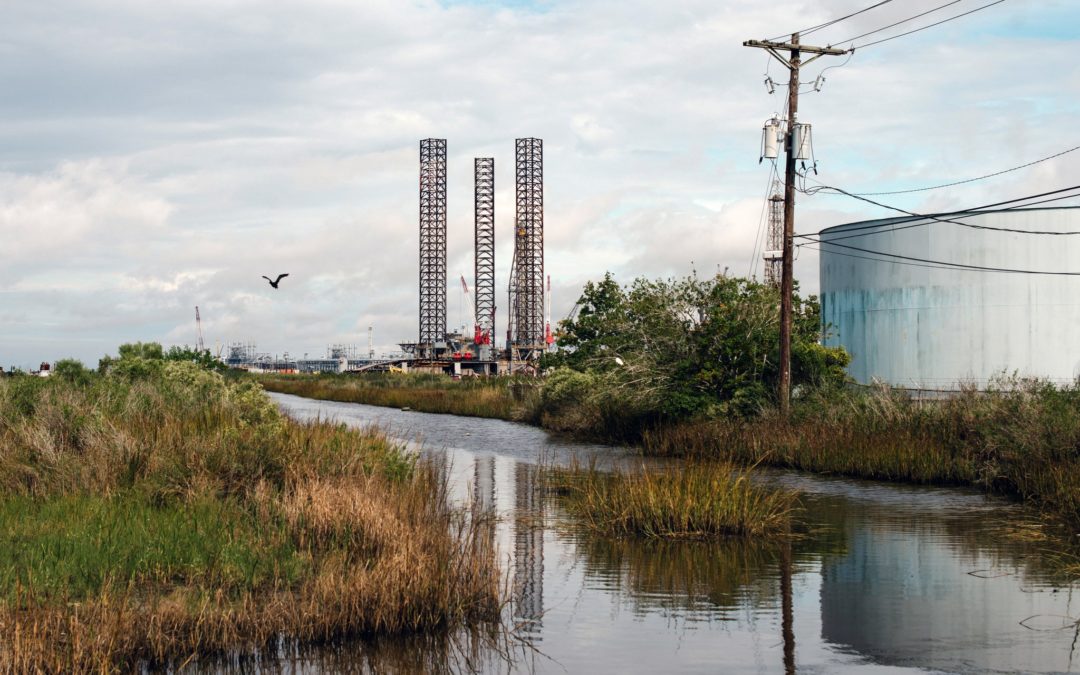SOURCE: New York Times
DATE: September 12, 2019
SNIP: The Trump administration on Thursday announced the repeal of a major Obama-era clean water regulation that had placed limits on polluting chemicals that could be used near streams, wetlands and other bodies of water.
The rollback of the 2015 measure, known as the Waters of the United States rule, adds to a lengthy list of environmental rules that the administration has worked to weaken or undo over the past two and a half years.
The repeal of the water rule, which is expected to take effect in a matter of weeks, has implications far beyond the pollution that will now be allowed to flow freely into streams and wetlands from farms, mines and factories. With Thursday’s announcement, the Environmental Protection Agency is aiming to establish a stricter legal definition of “waters of the United States” under the Clean Water Act, a precedent that could make it difficult for future administrations to take actions to protect waterways.
Patrick Parenteau, a professor of environmental law at the University of Vermont, said that, for conservative states and leaders who hold the view that the Clean Water Act has been burdensome for farmers and industry, “this is an opportunity to really drive a stake through the heart of federal water protection.”
But environmentalists assailed the move. “With many of our cities and towns living with unsafe drinking water, now is not the time to cut back on clean water enforcement,” said Laura Rubin, director of the Healing Our Waters-Great Lakes Coalition.
The Obama rule, developed under the authority of the 1972 Clean Water Act, was designed to limit pollution in about 60 percent of the nation’s bodies of water, protecting sources of drinking water for about one-third of the United States. It extended existing federal authority to limit pollution in large bodies of water, like the Chesapeake Bay and Puget Sound, to smaller bodies that drain into them, such as tributaries, streams and wetlands.
Under the rule, farmers using land near streams and wetlands were restricted from doing certain kinds of plowing and from planting certain crops, and would have been required to obtain E.P.A. permits in order to use chemical pesticides and fertilizers that could have run off into those bodies of water. Those restrictions will now be lifted.

